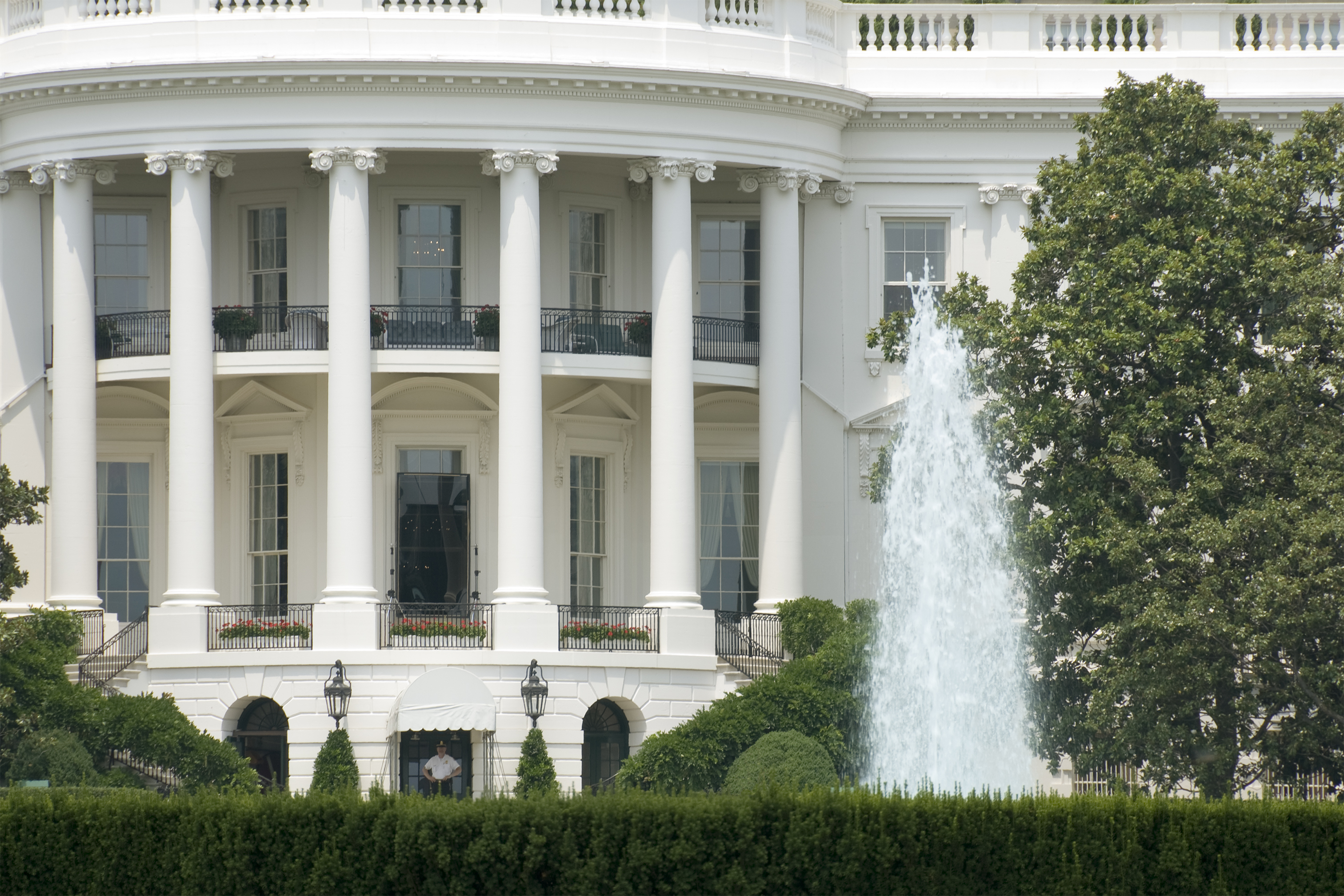
When American government fails, it is typically because an interested group did not want it to succeed.
The title of Peter Schuck’s brilliant and dense new book makes clear its guiding question: Why does government fail so often? As I read, I kept wondering whether this tour de force is about why government fails so often. Or is it about why democratic government fails so often? Or is it about why American government fails so often?
I finished reading convinced that Schuck’s analysis is about failures of American government. One straightforward explanation for persistent government failure in America lies in a lesson I learned from my colleague, Shep Melnick: namely that, if the operation of a government program or policy seems perverse, it is usually because someone wants it that way.
Schuck describes American government as a unique configuration of political institutions and processes rooted in a set of powerful, shared cultural understandings – many of which date back to the colonial era and the founding period. Schuck’s discussion of “the political culture of policymaking” in Chapter 4 outlines a set of values hostile toward strong government and congenial to using private means to solve joint problems. These cultural values include:
- Decentralization, localism, and privatism
- Protection of individual rights and freedom from government interference
- Populist suspicion of official discretion and technical expertise
- Interest group pluralism
- Acceptance of inequality
With their emphasis on fear of public authority and a desire to protect individual rights, Americans’ shared values and understandings provide the foundation for a set of constitutional and institutional arrangements in which policymaking power is dispersed. Salient aspects of those arrangements include federalism and separation of powers; a strong Congress and relatively weak executive; a system of committees and subcommittees that further proliferates alternative power bases in Congress; anti-majoritarian rules in the Senate; a bureaucracy that is divided among many agencies and that is more accountable to Congress and to narrow constituencies than to the president; and a Bill of Rights containing muscular protections for freedom of expression and the right to petition government.
This configuration, unusual among democracies, results in widely dispersed power and the existence of many points of access. Those with strong preferences on policy matters and the wherewithal to get involved have opportunities to give voice to those preferences and to seek to influence the details of policy design or to block policy change. This complicated configuration of governmental authority is key to understanding why, if the operation of some government program or policy seems perverse, it is usually because someone wanted it that way.
Schuck mentions a number of programs that seem ineffective, inefficient, or just plain bone-headed. To name just a few of his examples:
- The reluctance of Congress to close post offices or to stop Saturday delivery;
- The weak implementation by the Bureau of Alcohol, Firearms, Tobacco, and Explosives of regulations requiring background checks for gun buyers, the result of the fact that Congress has barred the agency from maintaining an effective database; and
- The restoration of crop supports and crop insurance subsidies after the Freedom to Farm Act lifted restrictions on planting.
In each case, it is possible to construct a plausible story about the “someone” who wanted it that way, whether a union of postal workers, a trade association of firearms manufacturers, a commodity-specific agricultural organization, a public interest group advocating on behalf of gun rights, or members of the House representing the parochial interests of their rural constituents. Such interested parties take advantage of the porous structure of American politics to influence details when policy is being shaped. Then, consistent with the common wisdom that “policy makes politics,” additional stakeholders get involved to protect the policy provisions they find favorable and weaken the ones they oppose. Such opportunities for small-bore political influence depend on the distinctive configuration of American political institutions and processes, a configuration that is related organically to its distinctively American cultural underpinnings.
In sum, Schuck’s analysis of government failure is not a story with universal applicability to developed democracies. Instead, it is a story that reflects the liberal tradition in America.
This essay is part of The Regulatory Review’s seven-part series, Is Government Prone to Fail?




